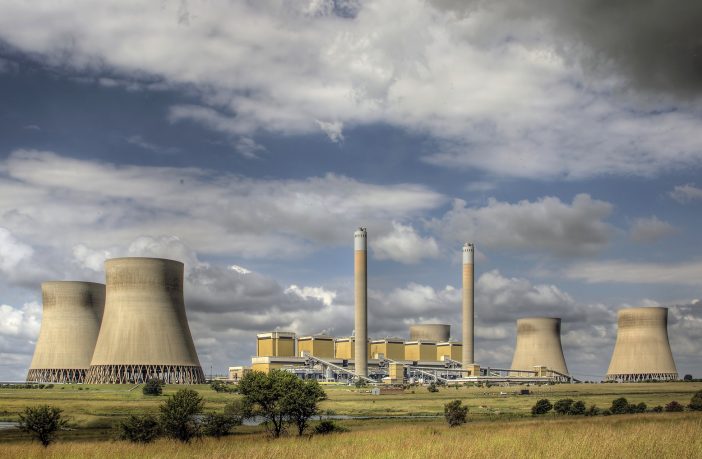- Due to the sudden loss of three Kendal Power Station generating units this morning, loadshedding has been increased to Stage 4 in South Africa until 05:00 on Thursday.
- Thereafter loadshedding will be reduced to State 2 until midnight on Friday.
South Africa state owned energy utility Eskom explains that in the early hours of this morning, a conveyor belt feeding coal into Kendal Power Station failed. To conserve coal, the power output of the generators was reduced, but this required fuel oil to be used to sustain the boiler combustion. Subsequently, the fuel oil plant supplying the units experienced a failure and shut down. This resulted in the trip of the three generating units. The Kendal units are anticipated to return to service by the weekend.
Prior to this, a generating unit each at Arnot and Medupi power stations had been taken offline for emergency repairs. The breakdowns have resulted in intense usage of the pumped storage schemes and the Open Cycle Gas Turbines. These emergency generation reserves are designed to fill the generation gap resulting from exactly for this kind of emergency, and obviously cannot be used continuously.
While some generation units are anticipated to return to service over the next 24 hours, it is necessary to increase the loadshedding to conserve the emergency reserves.
Eskom currently has 5446MW on planned maintenance, while another 16985MW of capacity is unavailable due to breakdowns. Eskom’s total generation capacity is 44000MW .
Author: Bryan Groenendaal















